Research Laboratory
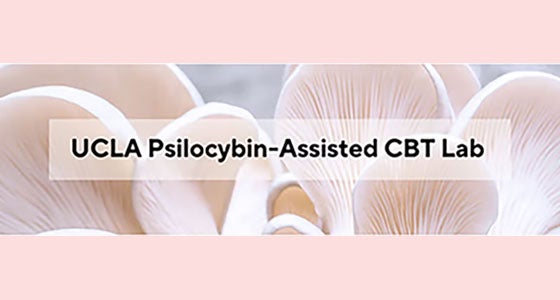
Leadership
Marc Weintraub, Ph.D.
Director
About
The primary objectives of this clinical investigation are to (1) determine the acceptability and feasibility of joining psilocybin-assisted therapy with cognitive-behavioral therapy (PA-CBT) for patients with depression, (2) optimize CBT to most effectively integrate the psilocybin experience with psychotherapy and (3) examine the clinical benefit of psilocybin as an adjunct to cognitive-behavioral therapy (CBT) for major depressive disorder.
Psilocybin Research
Psilocybin-assisted Cognitive Behavioral Therapy for Depression
Summary
The primary objectives of this clinical investigation are to (1) determine the acceptability and feasibility of joining psilocybin-assisted therapy with cognitive-behavioral therapy (PA-CBT) for patients with depression, (2) optimize CBT to most effectively integrate the psilocybin experience with psychotherapy and (3) examine the clinical benefit of psilocybin as an adjunct to cognitive-behavioral therapy (CBT) for major depressive disorder.
This study has two phases:
Phase I was an open trial of PA-CBT where participants received two doses of psilocybin (10mg and then 25mg, separated by one month) plus 12 sessions of cognitive behavioral therapy.
Phase II is a randomized, two-arm, fixed dose trial that will test the feasibility, acceptability, and participant and therapist adherence to PA-CBT. Both treatment arms will receive two doses of psilocybin (10mg and then 25mg, separated by one month). In Phase II, participants will be randomized (1:1) to either a 12-session PA-CBT or a 6-session standard psilocybin-assisted therapy (PAT) condition (3 hours of preparation plus 3 hours of supportive therapy integration following the psilocybin experiences).
Phase I Details:
Status: Concluded, no longer accepting participants
Start Date: June 2023
Completion Date: September 2025
ID: NCT05227612
Phase II Details:
Status: Active, accepting new patients
Start Date: January 2025
Completion Date: December 2027 (estimated)
ID: NCT07281352
Eligibility
If you’re between the ages of 21-60 and experience depression, you may be eligible. Please complete the pre-screener survey to add yourself to our waitlist:
https://uclahs.az1.qualtrics.com/jfe/form/SV_6x3GHvVGkTKABRI
LOCATION
UCLA Semel Institute
Los Angeles California 90095 United States
LEAD SCIENTIST AT UCLA
Marc J. Weintraub, PhD
Assistant Clinical Professor, Psychiatry and Biobehavioral Sciences, Medicine.
If you are interested in enrolling in our Psilocybin Assisted CBT clinical trial, please complete this survey.
Leadership
-
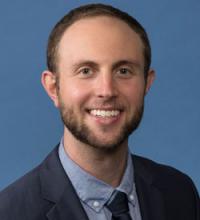
Marc J. Weintraub, Ph.D.
Director -
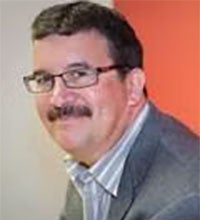
David J. Miklowitz, Ph.D.
Co-Director
Clinical Team
-

Jessica Jeffrey, M.D., MPH, MBA
Lead Study Physician -
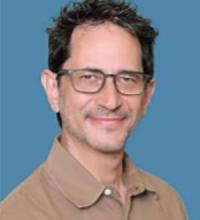
Benjamin M. Shapiro, M.D.
Study Physician -

Gregory J. Barnett, M.D.
Study Physician -
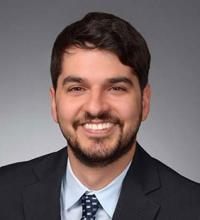
Hewa Artin, M.D.
Study Physician -

Megan Ichinose, Ph.D.
Study Clinician -

R. Lindsey Bergman, Ph.D.
Study Clinician -
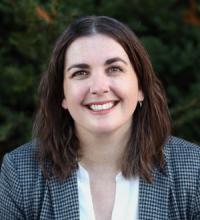
Lauren Eales, Ph.D.
Study Clinician -
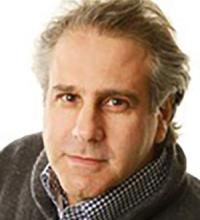
Marc Lynn, LMFT
Study Clinician
Research Assistants
-
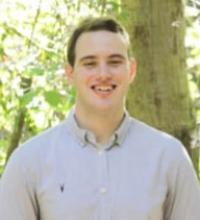
Shelby Grody, BA
Clinical Research Coordinator -
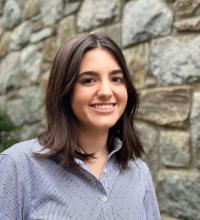
Sophia Nahabedian, MPS
Clinical Research Coordinator -
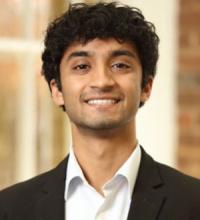
Rahul Ramesh
Research Assistant -

Ava Diedrich
Research Assistant -
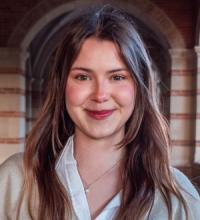
Cordelia Kuiper Rauch
Research Assistant -

Guillermo Nunez Hernandez, BSc
Research Assistant -
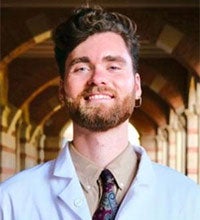
Lorenzo Miller, BSc
Research Assistant
Collaborators
-

Charles S. Grob, M.D.
Psychiatrist -
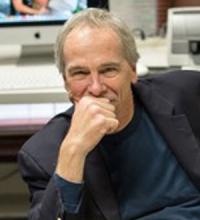
Steven D. Hollon, Ph.D.
Psychologist -

Ziva Cooper, Ph.D.
Neuropharmacologist